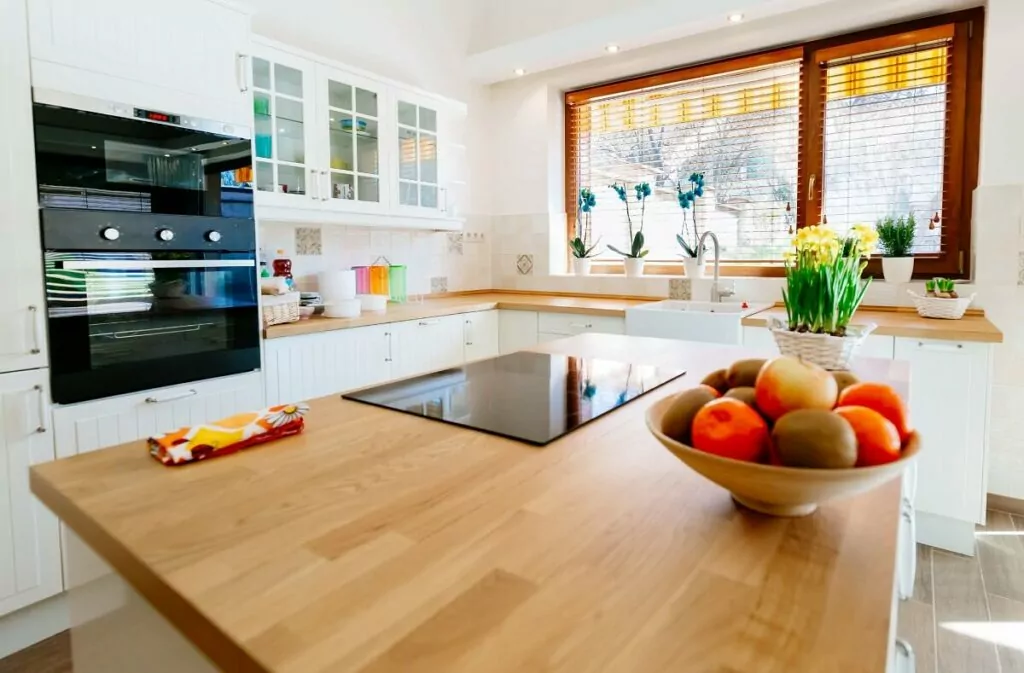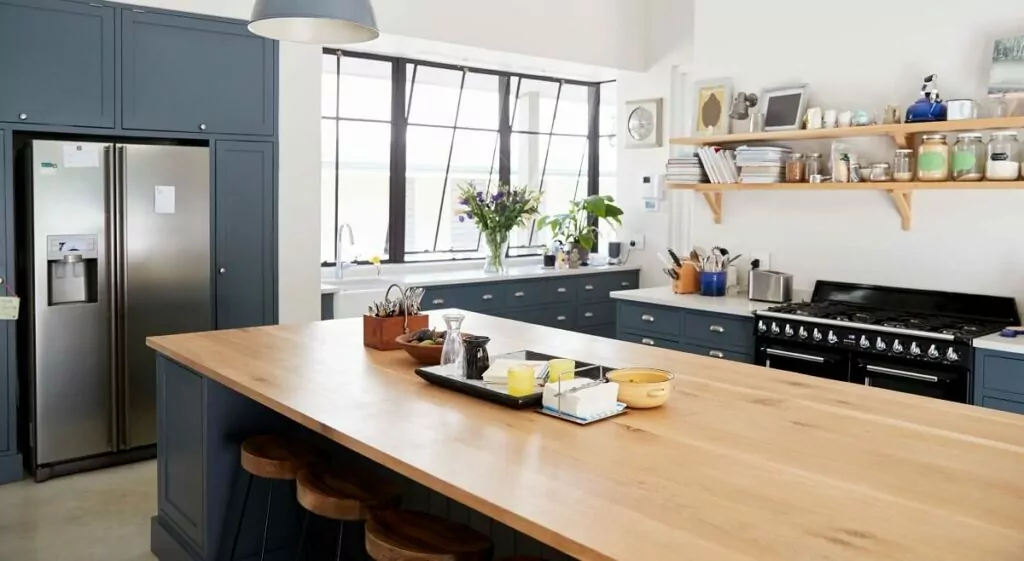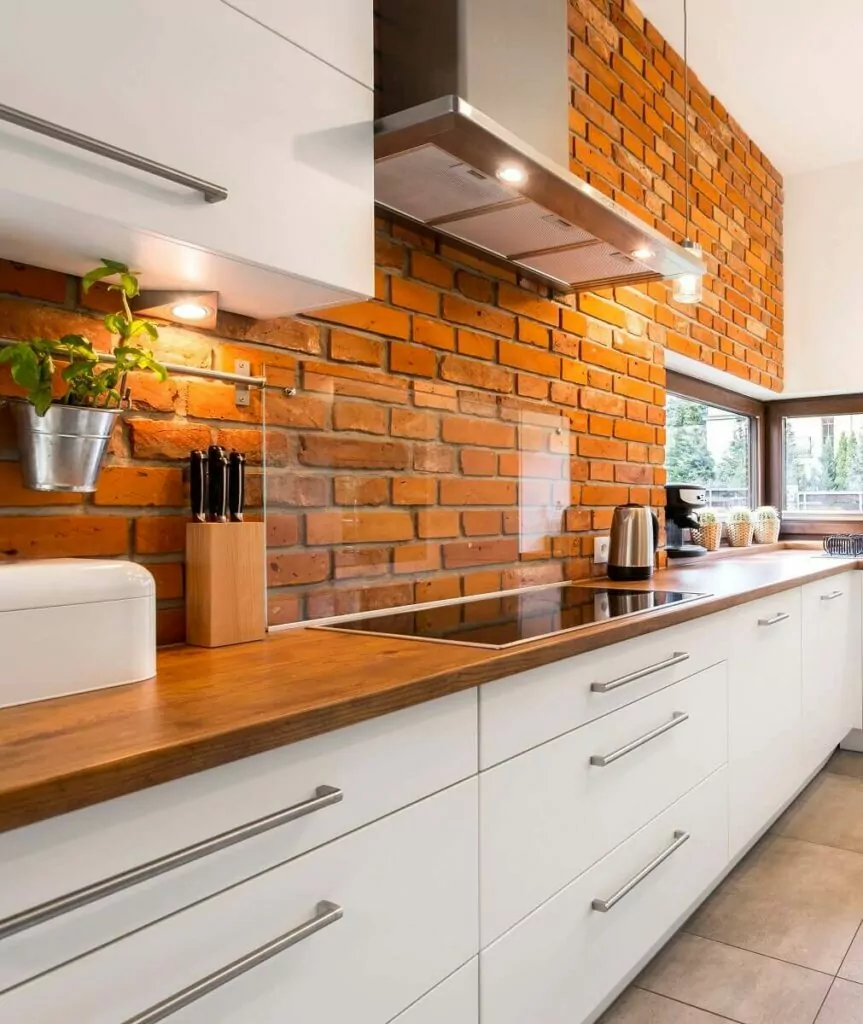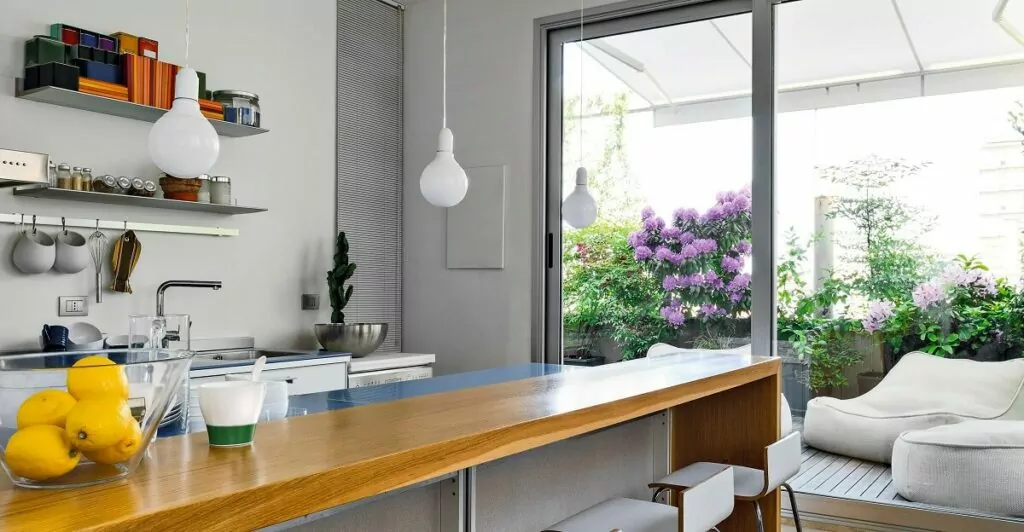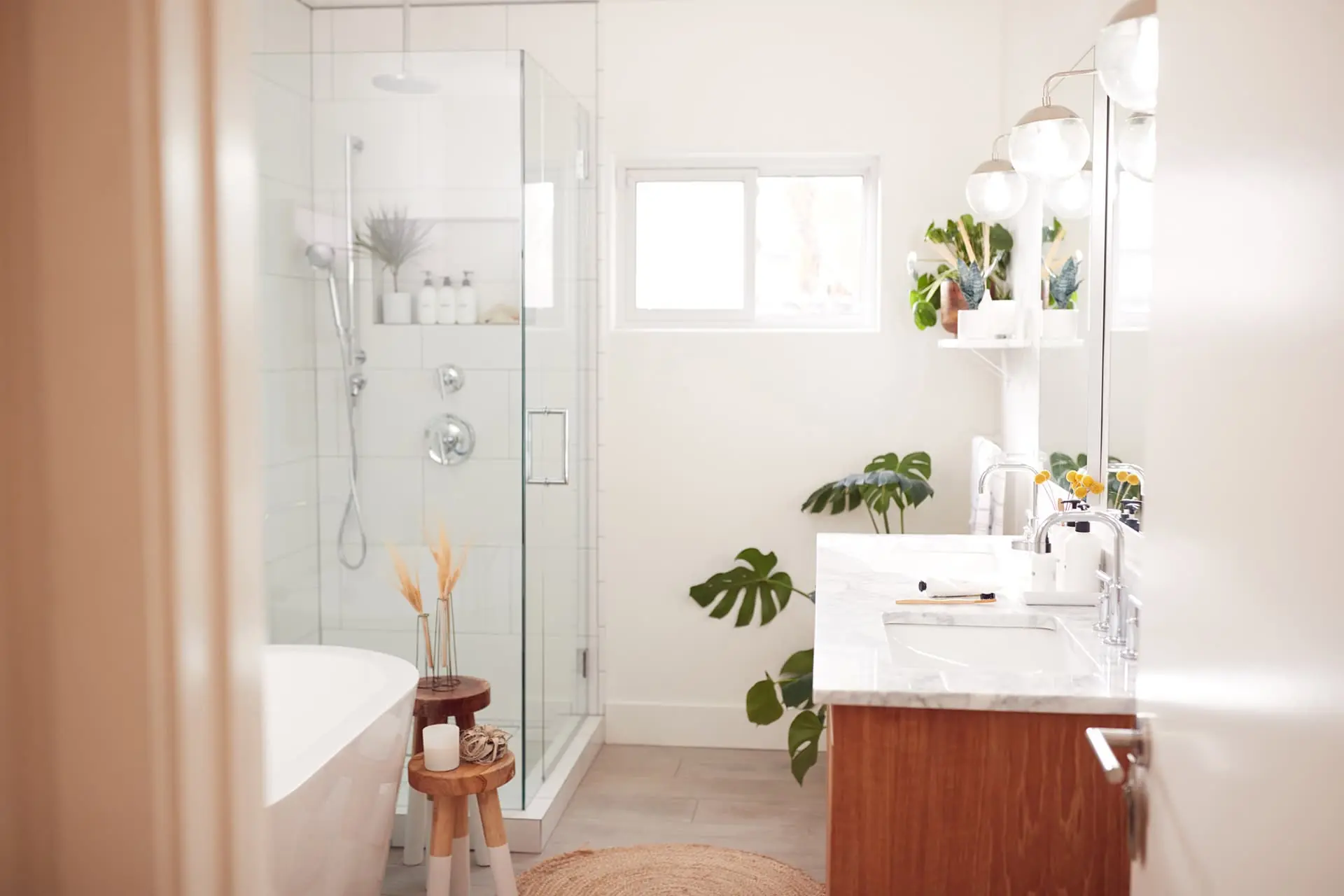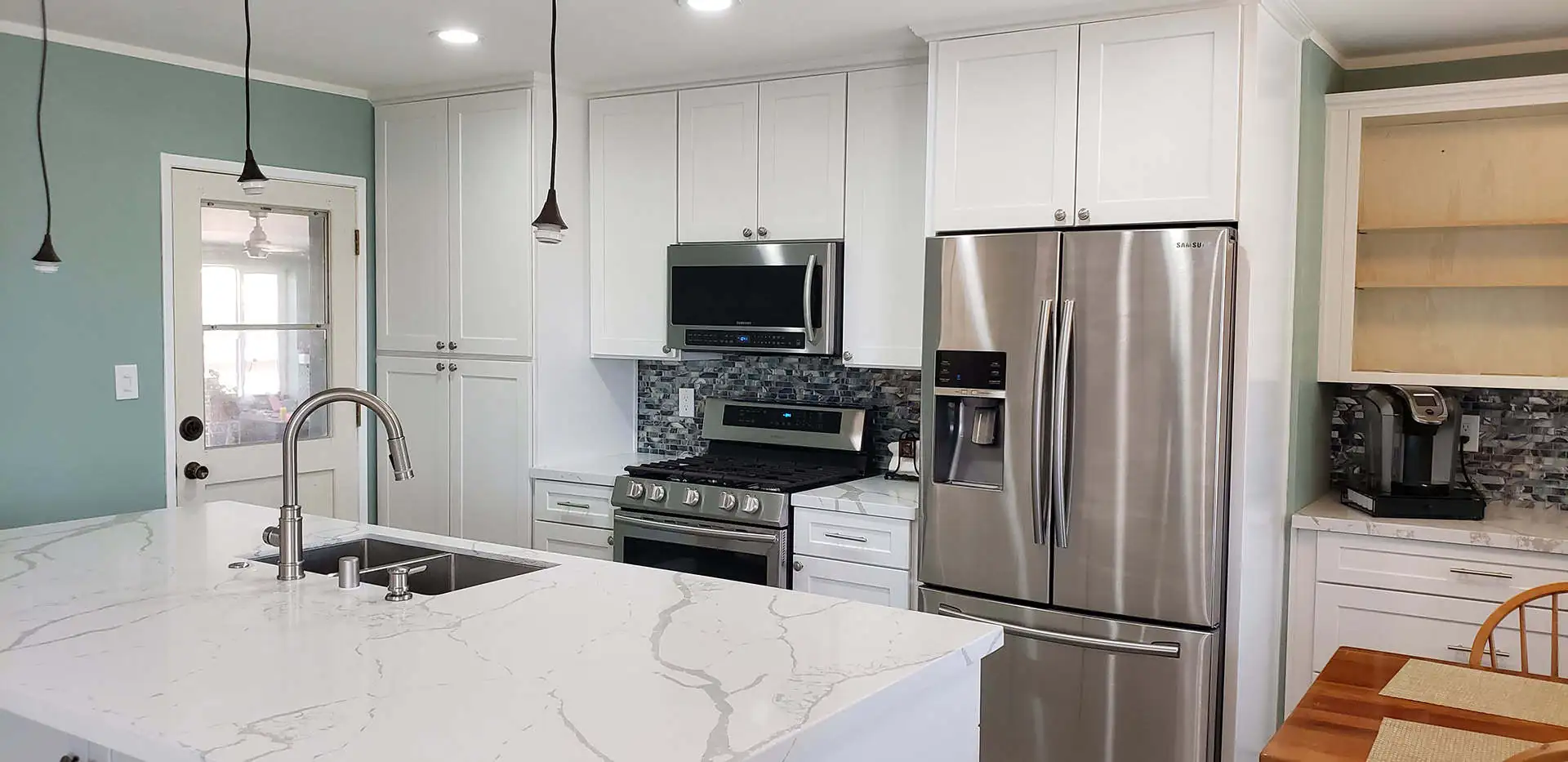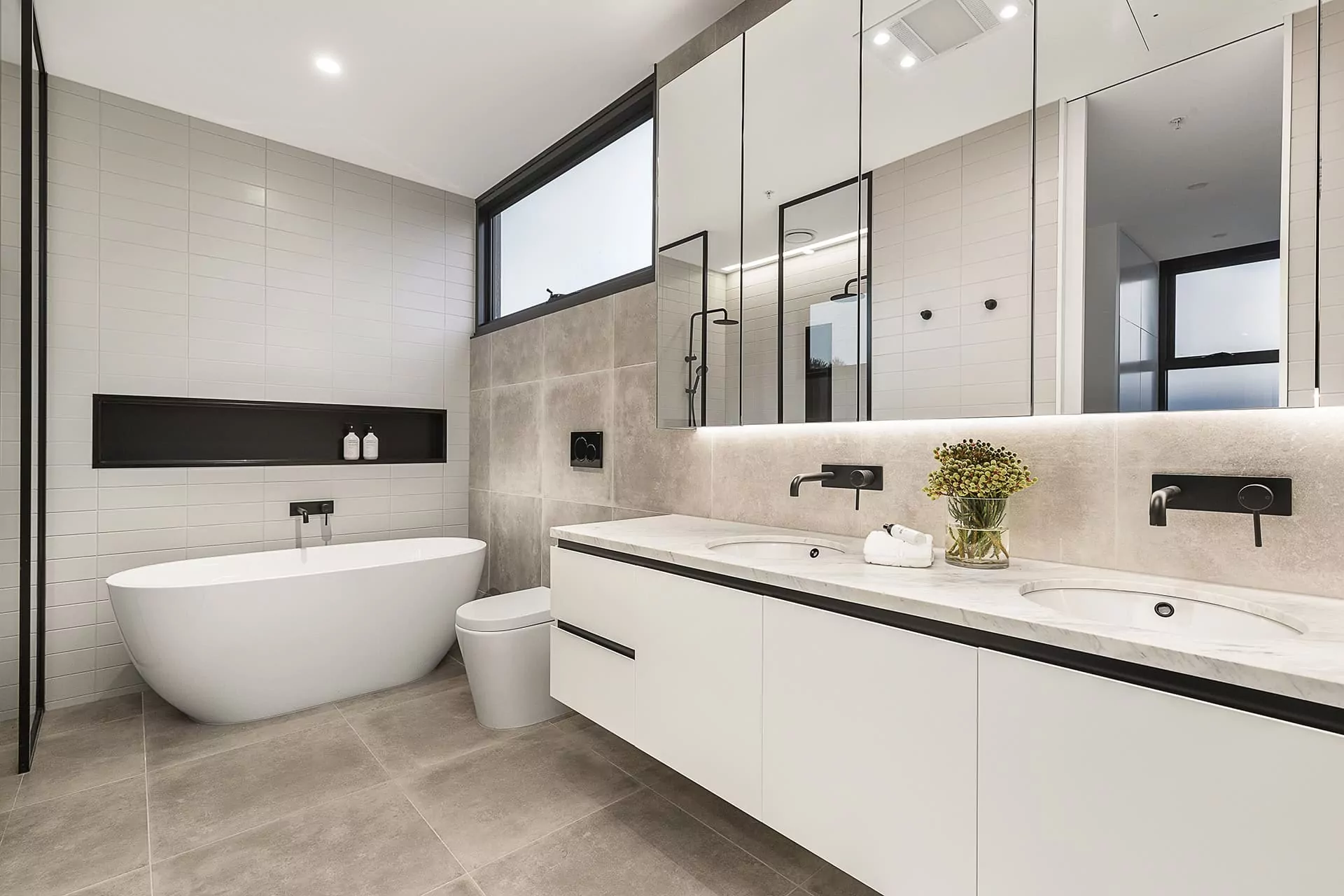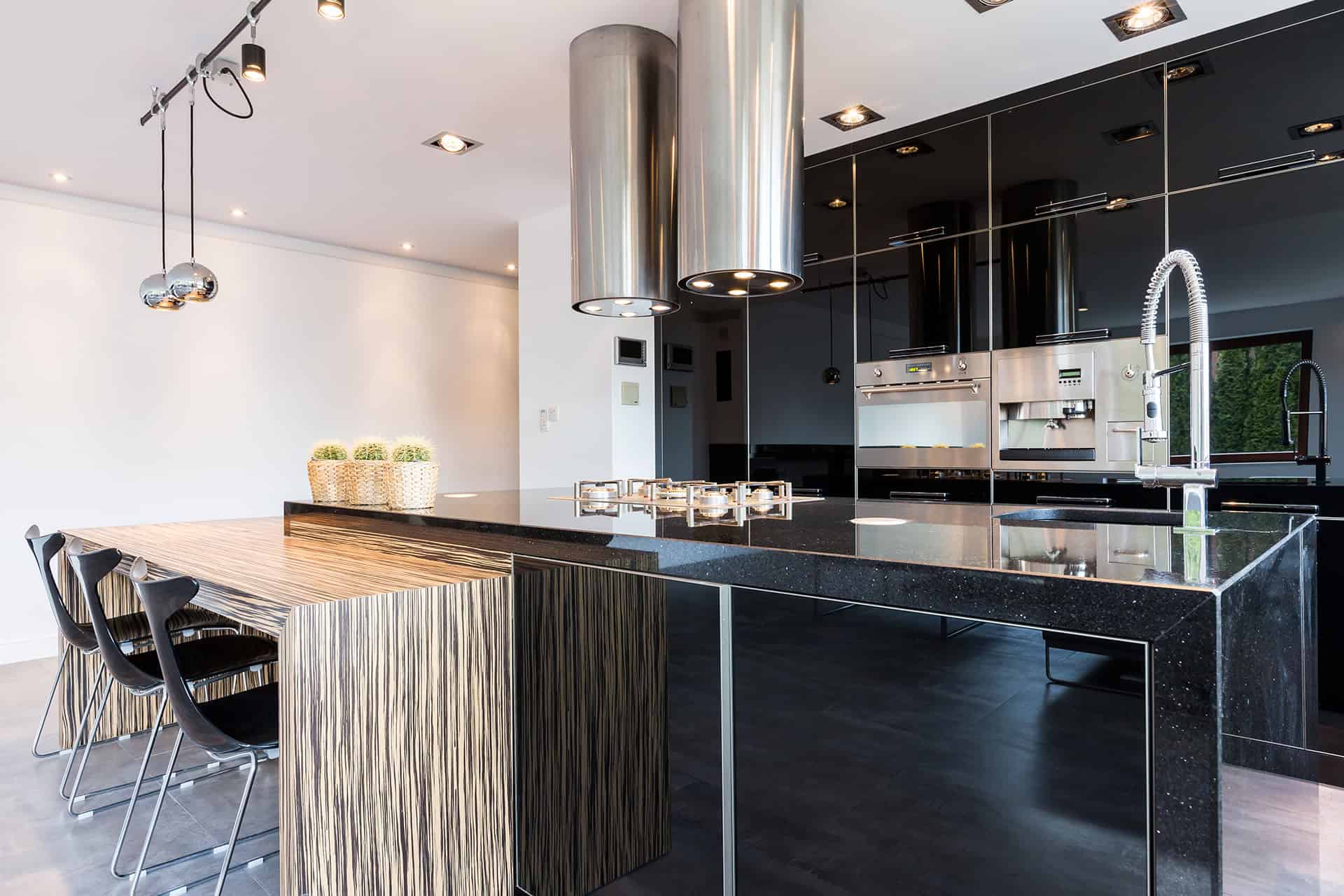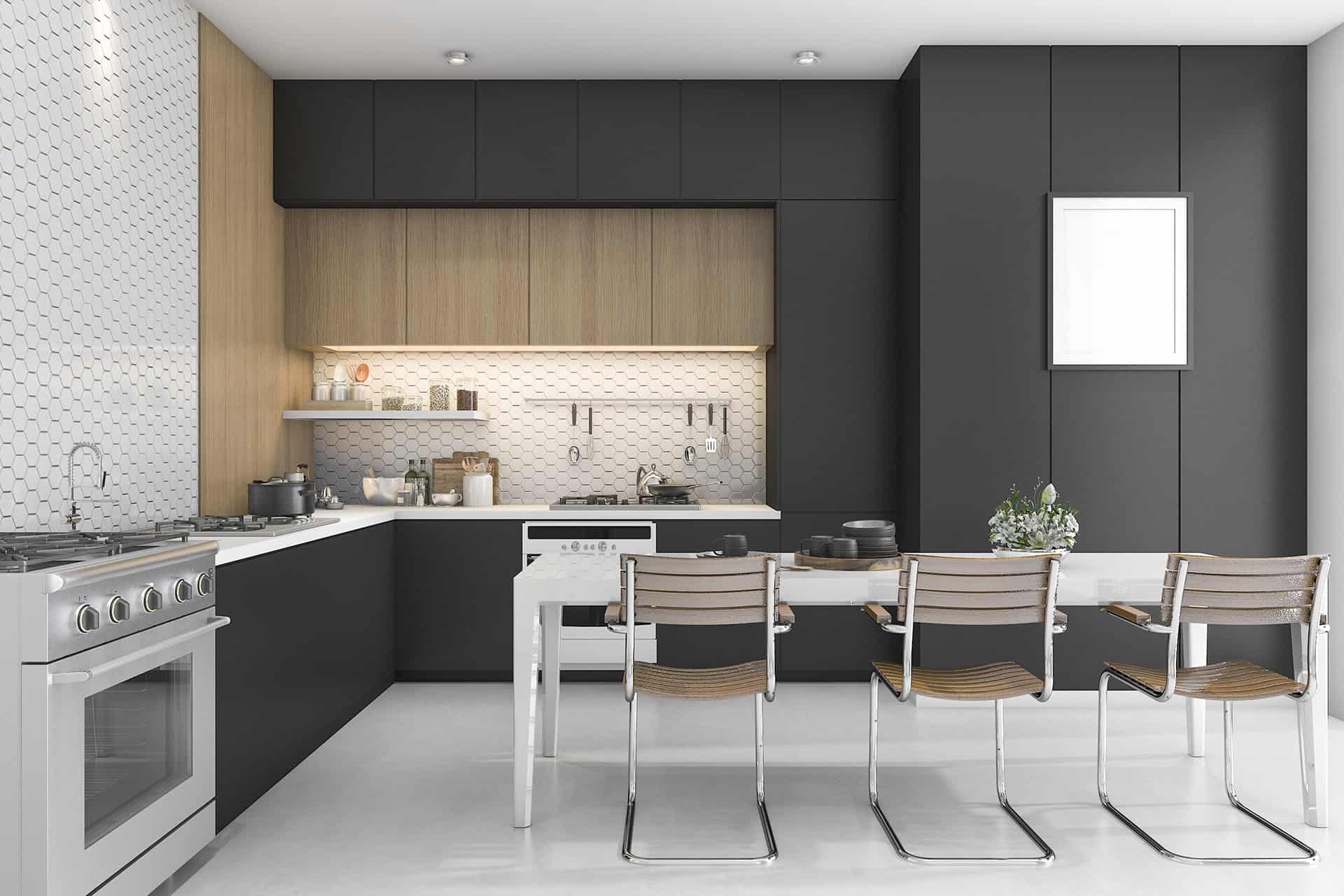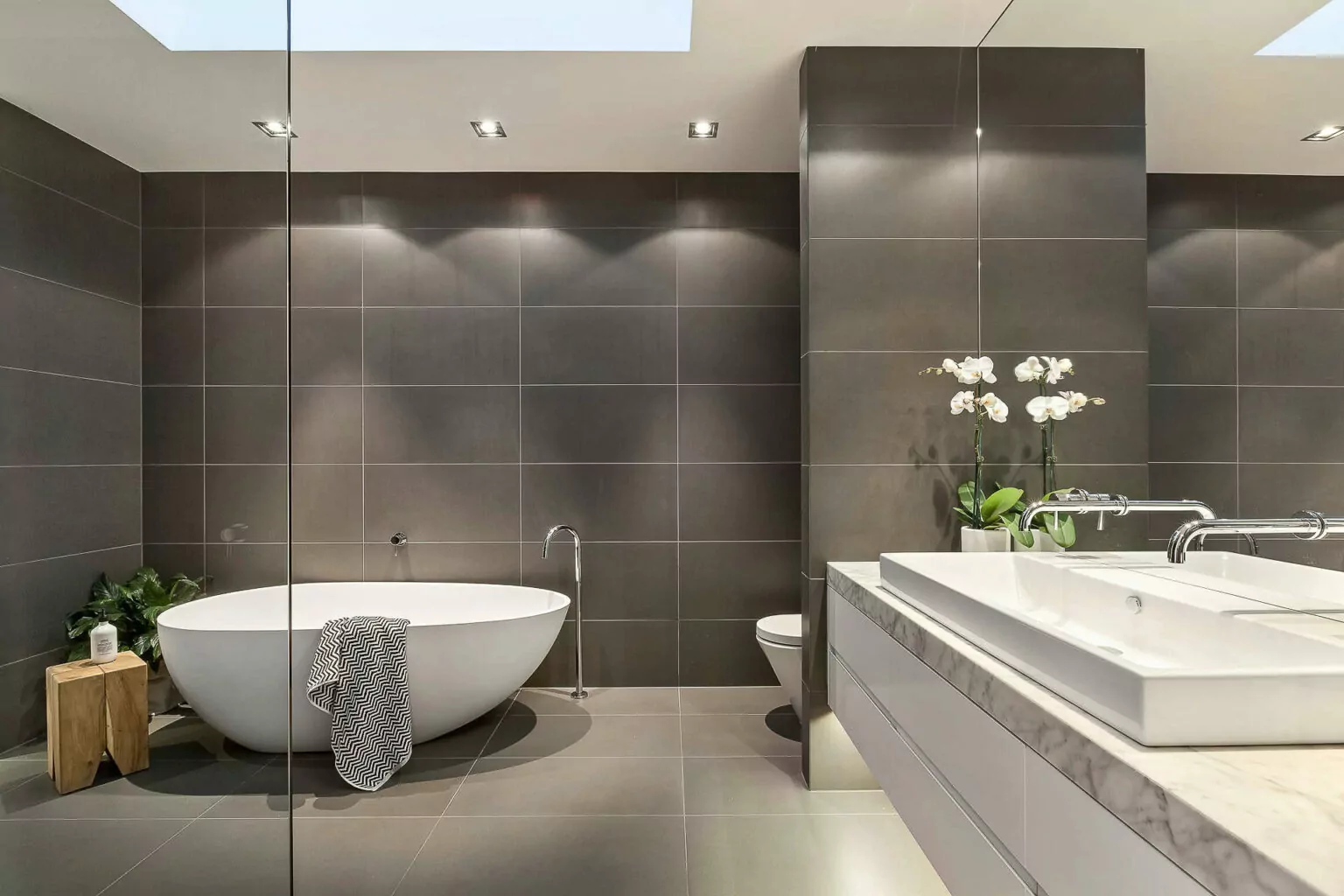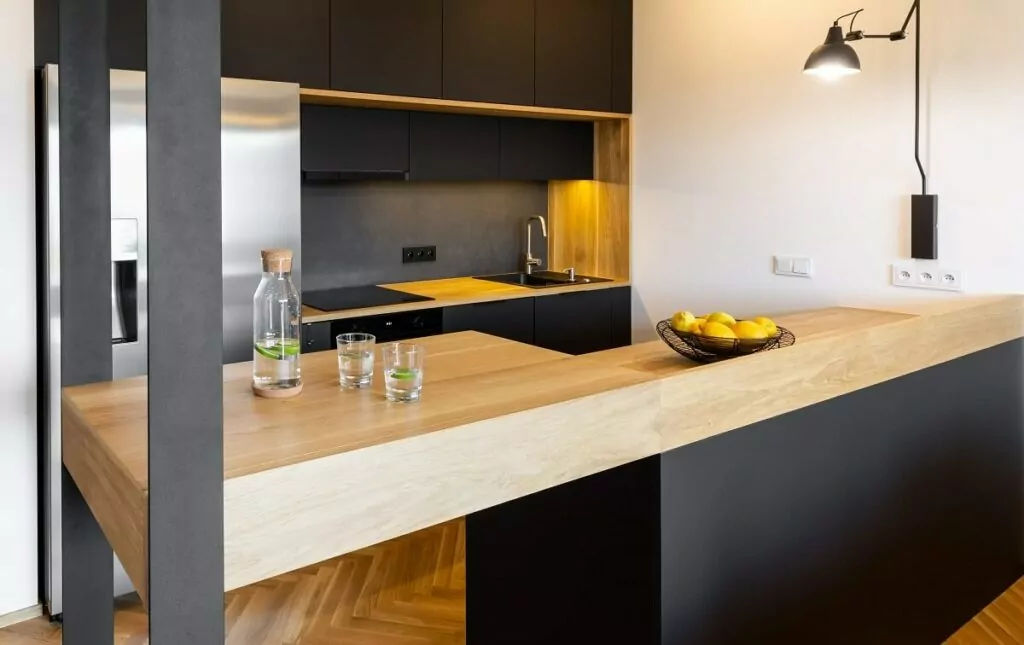
You’re considering a wooden countertop for your kitchen? Weigh all ‘for’ and ‘against’ before buying one. This guide will help you make an informed decision.
Best Wood for Countertops
How to select wood for countertops? Countertops are made from various types of wood: pine, beech, oak. But when choosing a material, it is worth paying attention not only to its appearance and structure. The main criterion in this case is hardness. With proper care over time, consumers report improvements in surface appearance.
The best option for the kitchen interior will be hardwood: ash, beech and oak. Conifers, such as spruce, pine, larch, are not suitable, especially for apartments. The wood worktop has antistatic properties, thanks to which dust does not settle on the surface, and dirt and stains are not too striking.
Ash wood, birch, oak and beech will be an ideal option for hardness of wood. Wood countertops made from pine, larch and alder are considered to be soft, especially for use in the kitchen. But there is one caveat – the harder the wood, the higher the cost. This is due to the fact that hard rocks grow for a long time and are rarely found. If there are scratches on a wood countertop, then they can easily be varnished, previously treated with a sandpaper.
Note that the durability of the countertops depends on the manufacturing method. From an array, it is more often subjected to curvature than glued ones.
Natural veneer is used as a finishing material in the manufacture of furniture. She takes the form of a tree. It is not surprising that it is also used for the production of countertops in kitchen and even bath. Its advantages include resistance to water, mechanical damage, low cost, glossy appearance, does not absorb stains.
Butcher block countertops are becoming increasingly popular. This is a block made of straight cuts of wood sticked together. They ensure a stable and durable workplace and can be combined with different types of interior. They are highly recommended for mobile kitchens and bar tops due to durability and relatively low weight. Consider the options made of maple, walnut, Brazilian cherry, and red oak, or some exotic kinds of wood (wenge, zebrawood, iroko).
Pros and Cons of Wooden Countertops
Pros of Wooden Countertops
- The ease of processing allows you to give the tabletop any shape.
- The possibility of combining any wooden item, even butcher block countertop, with glass, metal, tile and other finishing materials allows the wood worktop to fit seamlessly into any interior style.
- The elastic structure reduces the possibility of chipping, which affects stone countertops.
- With proper care, the service life is more than 25 years. Wood is the only material that becomes more beautiful over time.
- Possibility of replacing tone and surface finish.
- Wood is antistatic, so dust does not accumulate on it.
- Ease of renovation and minor surface repair. Places of minor damage and stubborn stains are treated with sandpaper, then covered with oil.
- The price is 2-3 times lower than that of analogues made of artificial or natural stone.
- The ability to perform any milling of the edges of the countertops.
At the same time, wooden countertops have a few disadvantages.
Cons of Wooden Countertops
1. Surface care is required. Natural wood requires careful regular maintenance. It is prone to being contaminated by insect pests, and therefore requires special impregnation. And most importantly, wood counter is ‘afraid of water’: even a couple of drops left by negligence for several hours, can lead to darkening of the surface. You can cover the wooden countertop with moisture-proof varnish. So you will deprive yourself of a significant share of pleasant tactile sensations, but protect the surface. Another way to improve the properties of natural wood is to impregnate it with oil, additionally protecting it with wax. This will retain the heat and texture of the material, but much less effectively protect it from the effects of contact with water.
2. The material is easy to damage. Alas, with intensive use, a natural tree is prone to scratches, chips, dents, cuts – and these effects of physical exposure are very noticeable. If desired, you can restore the original form, but it will take time, effort, money.3. It’s a highly flammable material. Wooden countertop is a highly flammable item. Even with various impregnations that allow the tree to withstand high temperatures and even open fires for longer, it is difficult to call the surface the best option for, say, kitchens with gas stoves.
4. Inability to use aggressive household chemicals. Caring for a natural tree implies the rejection of abrasive cleaners, aggressive household chemicals: the former can scratch the surface, the latter can leave dark spots.
5. Significant weight. Wood is a very heavy material. With restrictions on the load on the floor slabs or placement on the balcony, this is an essential point.
Wood Countertops Cost
Is wood an expensive option for kitchen countertops? Wood is a rather costly pleasure, but modern manufacturers offer a lot of more budget-friendly counterparts. If you need an affordable option, seek MDF and particleboard variants: they imitate wooden surface and can be waterproof if protected properly. If you need a high-quality option, choose oak or some exotic types of wood – they will serve for long.
Need help with the choice of a solid custom countertop, don’t hesitate to contact Groysman Construction remodel company. We help customers in San Diego to figure out the best solutions for countertops and islands.

